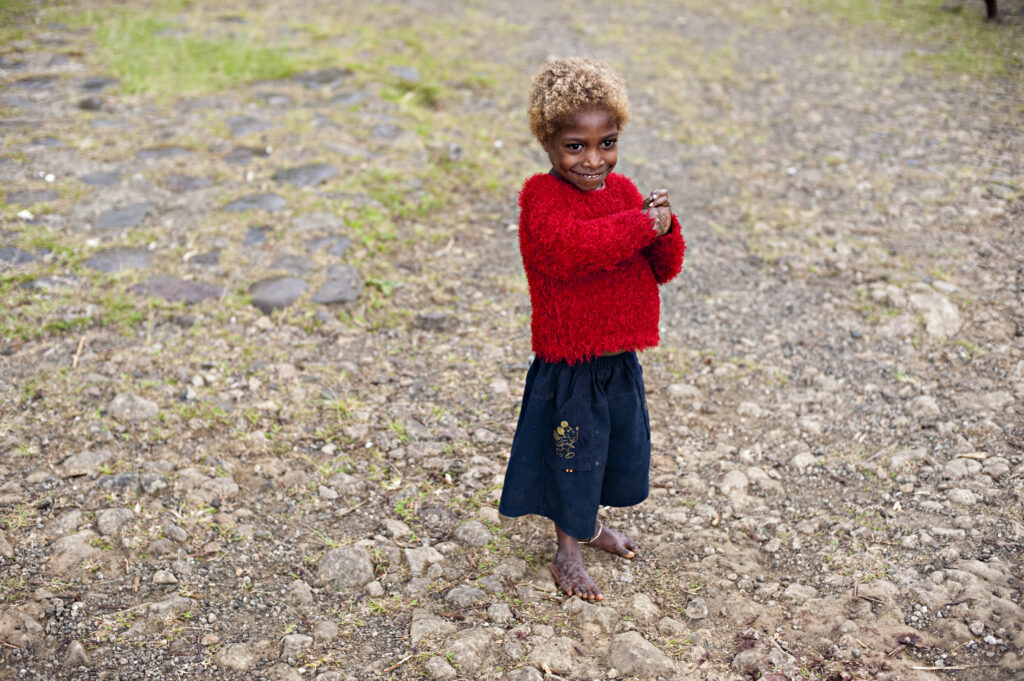
The online education that is currently offered at Hope Academy provides an excellent education, but currently fees are prohibitive for families of the lowest income. Funds have been distributed for the research and development of more affordable technology to solve this issue. This technology has been researched and developed in Canberra and has reached prototype phase. It is currently being further developed and tested in PNG and has been called the “Moodle Box”. The device essentially allows students to download their online classes to a mobile phone or tablet device and study in remote locations. Individual e-boxes are planned to be distributed to students with professionally produced class material at a low cost. Additionally, learning centres are planned to be set-up in locations where students can receive additional support. The Moodle Box offers ways of extending online education far beyond its present reach to other parts of PNG. With continued support and research, millions of young people in developing countries of the world, particularly in refugee camps could have access to a high quality education. For more information click here



